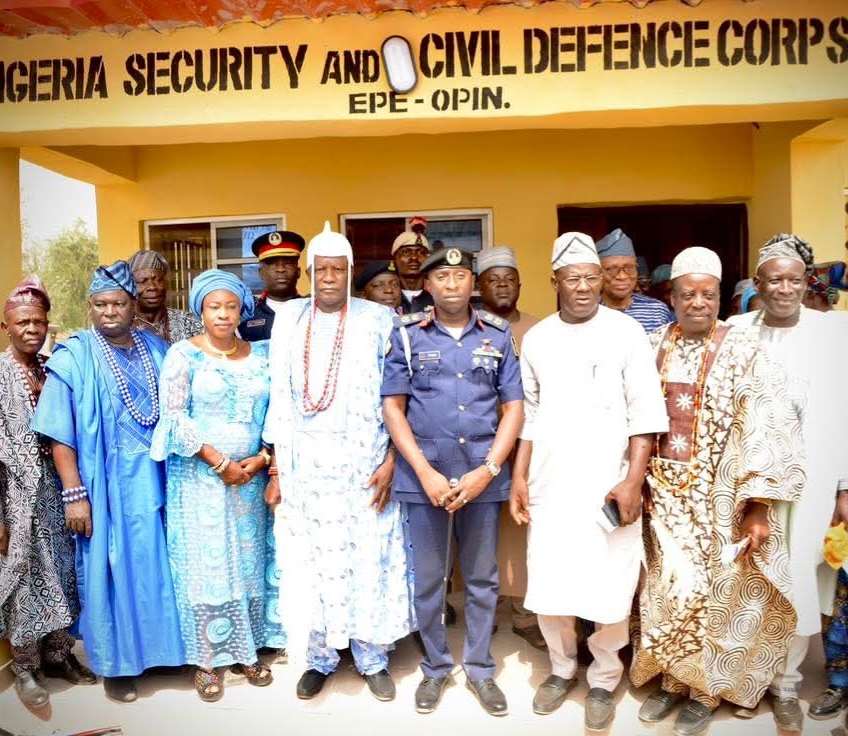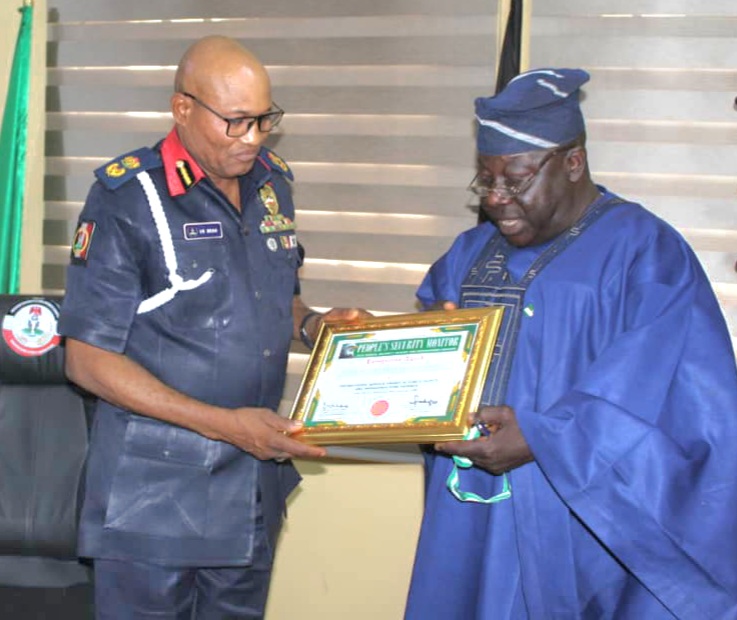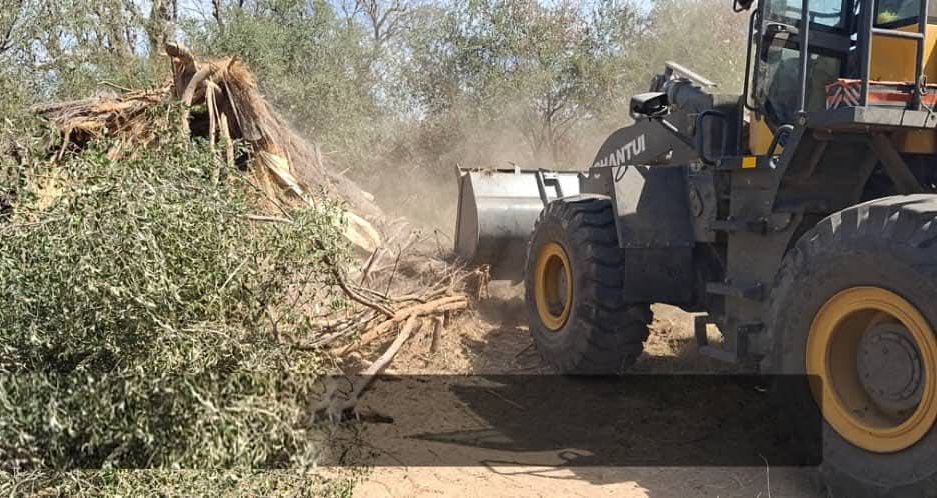
Pix: Minister of Solid Minerals, Dele Alake
By Isiaka Mustapha, CEO/Editor-in-Chief, People’s Security Monitor
Across Nigeria’s mineral-rich regions, an invisible crisis is steadily deepening, one that jeopardizes national security, fuels widespread violence, and weakens the fabric of local communities. What began as small-scale, unregulated mining has evolved into a significant security threat, with far-reaching consequences for both the affected regions and the nation at large. At the core of this growing menace lies an unsettling truth: the quiet complicity of local communities and the persistent failure of Nigeria’s intelligence apparatus to adapt to emerging challenges.
In states such as Zamfara, Niger, Kaduna, Kogi, Osun, and Plateau, illegal mining has become entrenched and widespread. Operating without licenses or regulatory oversight, these miners extract valuable minerals such as gold, tin, and columbite often with the protection of heavily armed groups. These operations are typically bankrolled by shadowy cartels, including foreign interests, and the proceeds are funneled into acquiring weapons, bribing officials, and expanding criminal networks. What may appear to be a purely economic concern is, in reality, a tangled web of violence, corruption, and institutional collapse.
Exacerbating this crisis is the often overlooked role of host communities. While frequently portrayed as victims of exploitation, many communities are, in fact, entangled in the operations whether out of necessity, fear, or economic desperation. Residents may knowingly or unknowingly support illegal miners by offering shelter, intelligence, or logistical assistance. In some cases, traditional leaders entrusted with safeguarding community welfare have been implicated in renting land to illegal operators, providing political cover, or brokering deals in exchange for a share of the profits or relative peace in their domains, where government presence is minimal.
This passive or active complicity undermines enforcement efforts and allows the illegal mining economy to flourish. Security agencies often face serious obstacles in obtaining reliable intelligence in areas where locals are unwilling to cooperate or worse, deliberately mislead investigators. In such environments, criminals are shielded by a network of sympathisers and collaborators who either profit from or have resigned themselves to the operations around them. Even when authorities manage to conduct raids or make arrests, many of these sites resume operations within days, often under new leadership but with the same structure and protection intact.
Fueling this resilience is the glaring inadequacy of Nigeria’s intelligence system. Many agencies operate with outdated methods, fragmented coordination, and limited access to remote or forested mining zones. Instead of proactive surveillance, operations are often reactive launched only after violence occurs or mining sites have already been vacated. Inter-agency rivalry, bureaucratic inefficiencies, and political meddling further erode any potential for cohesive intelligence sharing that could effectively dismantle these networks before they take root.
To counter this, a comprehensive reform of Nigeria’s intelligence architecture is critical. This should include robust investment in grassroots intelligence, training operatives capable of integrating into at-risk communities, and leveraging local sources such as hunters, vigilantes, and cooperative civilians. A specialized task force comprising the police, DSS, Civil Defence Corps, and geological agencies, must be created to centralize efforts and ensure a coordinated response to mining-related crimes.
However, intelligence reforms alone will not solve the problem. Communities must be empowered and incentivized to reject illegal mining. This goes beyond strict enforcement. It demands the provision of viable alternatives such as the formalization of artisanal mining, job creation, access to education, and essential infrastructure to address the economic vulnerabilities that drive community members into collusion. Traditional leaders must be held accountable where implicated, and mechanisms to protect and reward whistleblowers must be put in place to facilitate the flow of credible intelligence.
The task ahead is daunting, but failure to act poses even greater risks. Illegal mining is no longer simply an environmental or economic concern—it has become a direct threat to national survival. The link between resource exploitation and rising insecurity is undeniable, especially as entire regions fall under the control of actors shielded from within.
To truly disrupt this cycle, Nigeria must confront an uncomfortable but crucial reality: many mining communities are no longer just victims. They have become, whether through willful participation or silent acquiescence, part of the problem. Unless this dynamic is addressed, and unless the intelligence community is properly resourced and restructured, the nation’s battle against insecurity will remain futile.
What is at stake is not just Nigeria’s mineral wealth, but its sovereignty, unity, and the safety of millions living under the threat of unchecked criminality. Without bold and immediate action, today’s silent complicity could soon become tomorrow’s uncontrollable crisis.





